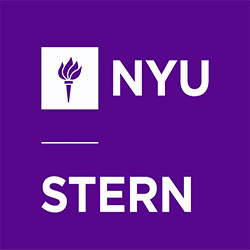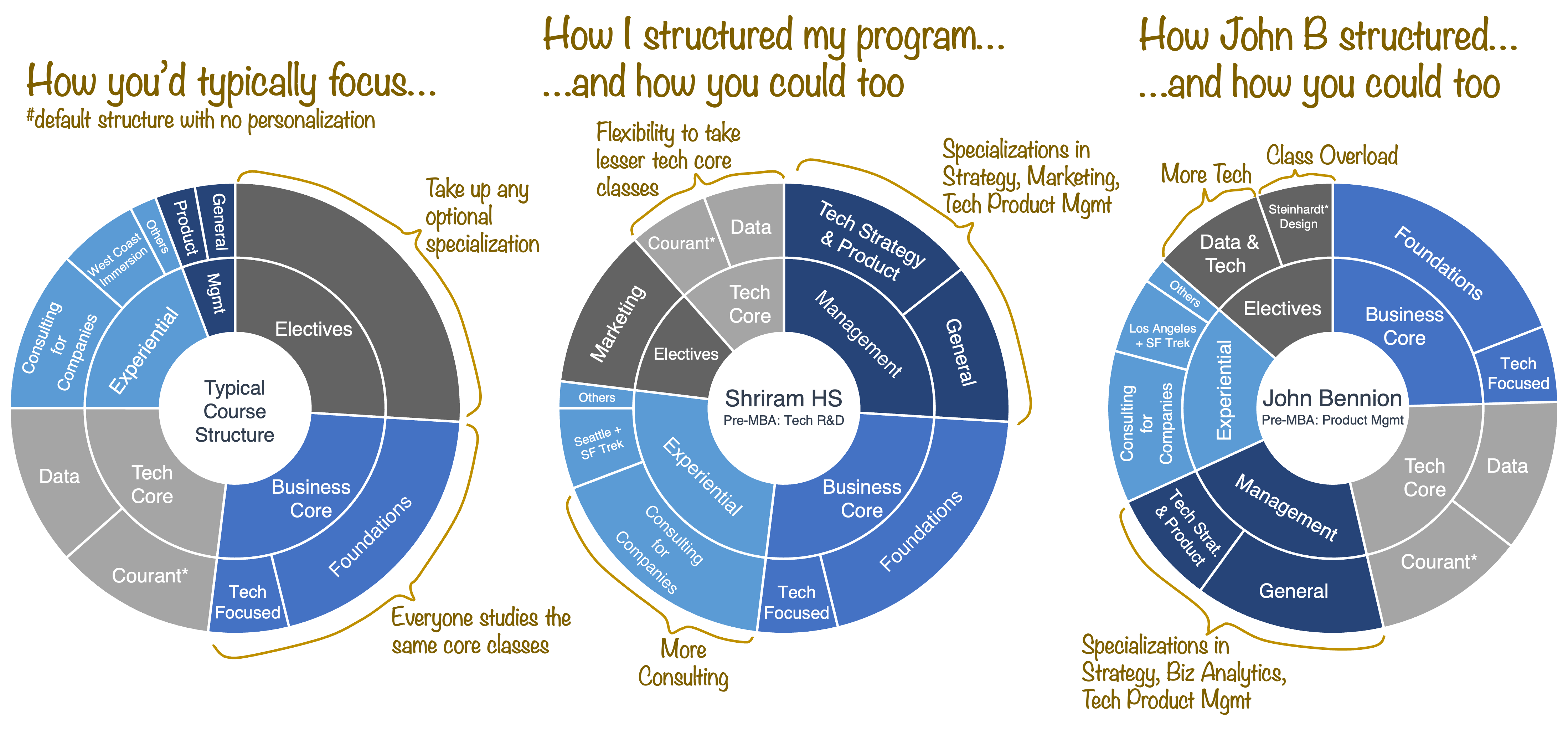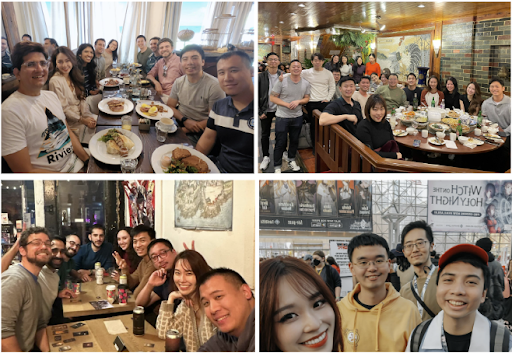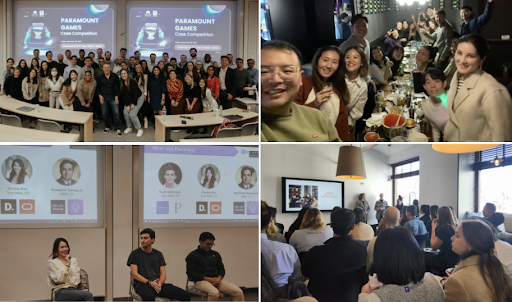 Steven is a current Tech MBA student, specializing in Financial Instruments & Markets and Management of Technology & Operations. Prior to Stern, Steven was at Deloitte in tech consulting where he was implementing financial software to complete full cycle digital transformations. At Stern, he is involved in OutClass and enjoys connecting with classmates.
Steven is a current Tech MBA student, specializing in Financial Instruments & Markets and Management of Technology & Operations. Prior to Stern, Steven was at Deloitte in tech consulting where he was implementing financial software to complete full cycle digital transformations. At Stern, he is involved in OutClass and enjoys connecting with classmates.
Club involvement has been a significant part of my experience at Stern. I am currently a Vice President for Careers and Conferences in OutClass, an Assistant Vice President for Resources in Cellar, an ally in Stern Women in Business, and a member of the Management Consulting Association, Private Equity and Venture Capital Club and Stern Adventures. The first thing to note is that a lot of these clubs have lifetime membership. The professional clubs offer an abundant amount of important information including job opportunities, networking and trainings that can be leveraged in the future. I highly suggest joining any clubs that you have an interest in so that you can utilize these invaluable resources.
Affinity Clubs
The club that I am most involved with is OutClass, our LGBTQIA+ affinity group. In my leadership position, I have been heavily involved with connecting employers that are recruiting for diversity and inclusion initiatives to queer MBA candidates, and have organized multiple firm-sponsored queer networking events including cross club collaborations. OutClass has been one of the most important clubs that I have been involved with and has significantly enhanced my experience at Stern. This club has allowed me to meet classmates from all the different MBA programs (EMBA, Part-Time Langone MBA and Full 2-Year MBA) outside of the focused MBAs. I have also built a community in OutClass that has been instrumental in some of my deepest connections at Stern. I have seen firsthand how within this community, everyone really strives to help each other out to achieve the utmost success. With this group we have attended professional conferences such as ROMBA in Washington, D.C. (Stern had the highest representation of queer students out of any graduate school!), happy hours, group workout sessions, dinners, mixers with other schools and alumni, marched in New York Pride and have so much more to come, including a trip to Miami.
Professional Clubs
As for professional clubs, these clubs help students with securing summer internships and full time offers. They offer bootcamps, casing prep and competitions and a wealth of learning opportunities. The goal of professional clubs is to help students prosper in whatever field they are recruiting for. In most of these clubs, MBA2s will lead sessions and help the other cohorts by sharing their experiences going through the same processes in the previous year, and giving advice on how to prepare for or learn about an industry. Overall, the interview preparation, job opportunities and connections that these clubs provide is outstanding.
A particularly special event that I went to recently was the kickoff for ‘Allyship in Stern Women In Business’ (SWIB). Coming from the tech sector, where women are disproportionately represented, it was incredible to see that my Tech MBA cohort was the largest representation. Everyone went around to state their various reasons of why they showed up as an ally, and it was impressive to see why everyone supported more women in leadership positions and how they would support these initiatives when they returned to the workforce.
Overall, I would recommend joining any and every club that you have any interest in. Both professional and social clubs offer a magnitude of knowledge, fun, connections and networks. These affiliations will last a lifetime and you never know when you will want to leverage any aspect from the membership. You will always be able to decide what events you will want to attend or how much you obtain from the relationship, but you will not have the opportunities unless you get involved.


















